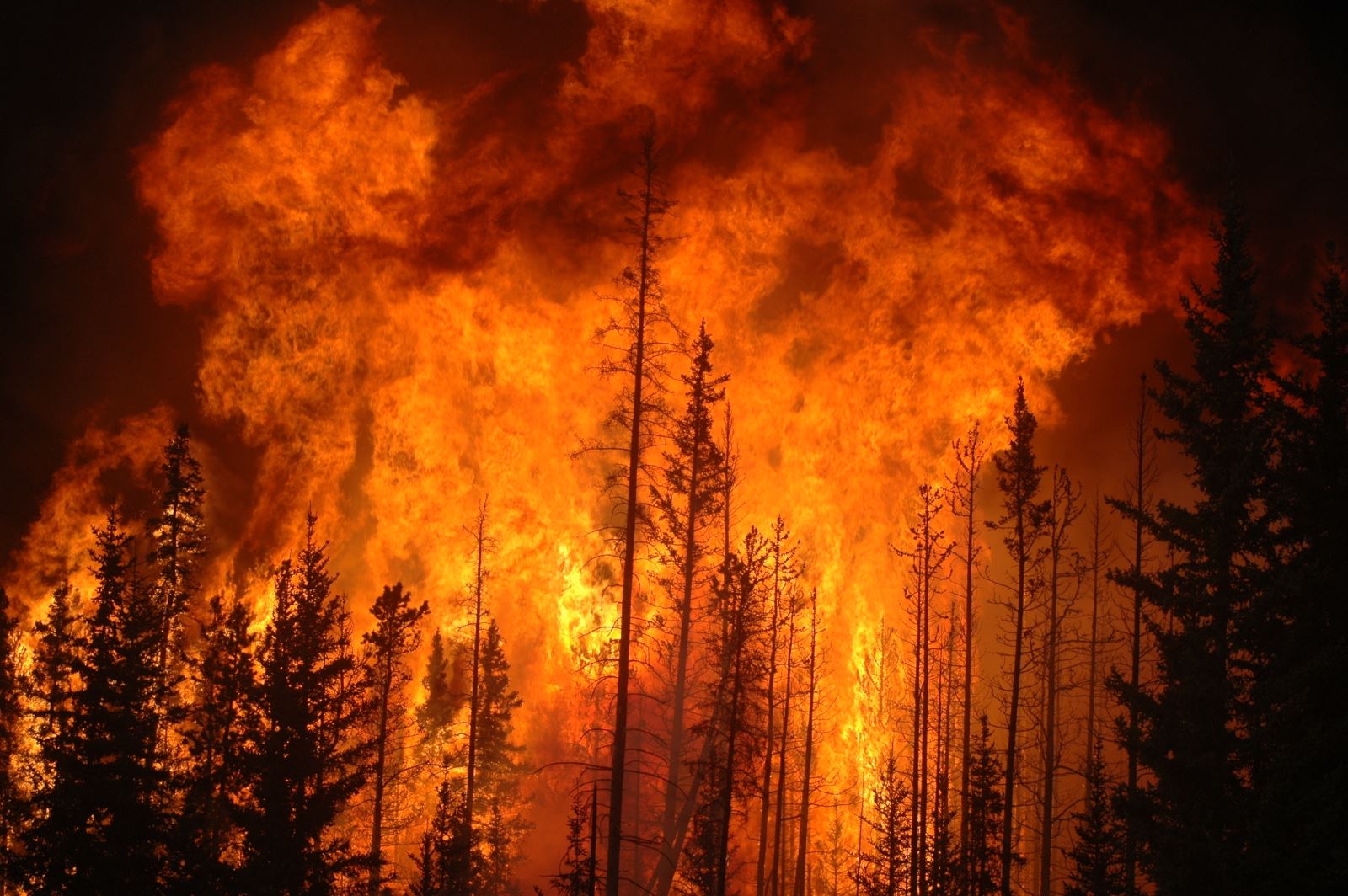Summertime is usually associated in our minds and hearts with fun and freedom; unfortunately, this is not necessarily the case anymore. Anyone who has been alive for a couple of decades or longer can clearly recall shorter and cooler summers during their childhood. We are all plainly and painfully aware that summers are getting much longer and much, much hotter with every passing year. This does not just impact our wellbeing negatively; it is becoming more and more life-threatening.
Worldwide, this far-from-over summer has already given us scorching heatwaves across the Pacific Northwest and Canada, enormous fires belching smoke across North America, and lethal floods of devastating proportions in Germany and China. Closer to home, according to aljazeera website, on 22 June 2021, the Kuwaiti city of Nuwaiseeb recorded the highest temperature in the world so far this year at 53.2C; in neighboring Iraq, temperatures reached 51.6C on 1 July.
Heatwaves are occurring more often than they used to; they have also become more intense over time. Endless scientific research has shown that climate change makes heat waves longer, hotter, more likely, and more dangerous. According to the World Health Organization (WHO), heatwaves are among the most dangerous natural hazards. Still, they rarely receive adequate attention because their death tolls and destruction are not always immediately apparent. From 1998-2017, more than 166,000 people died due to heatwaves, including more than 70,000 who died during the 2003 heatwave in Europe.

Scientists have warned for over 50 years about increases in extreme events arising from subtle changes in the average climate. Still, many people have been shocked by the ferocity of recent weather disasters. A recent study published in Nature Climate Change assesses the human cost of that extra heat: In June, a team of some 70 researchers reported that for the 732 sites on six continents they studied, on average, 37% of all heat-related deaths can be pinned directly on climate change.
The fact is humans have pumped so much carbon dioxide and other greenhouse gases into the atmosphere that what is “normal” has shifted. In the new heatwave study, Erich Fischer and colleagues at the Swiss Institute for Atmosphere and Climate Science looked at the frequency of weeklong heat waves that do not just push the envelope of previous climate but shatter records by huge margins. The scientists analyzed thousands of years of climate simulations to identify unprecedented heat events and found that global warming caused by coal, oil, and gas was commonly associated with such events.
The researchers showed that record-shattering heat is much more likely than it was a generation ago and that these devastating events will occur much more often over the next few decades. The evidence is clear that the more coal, oil, and gas are burned, the more the world will warm, and the more likely it will be for any given location to experience heatwaves far outside anything previously experienced.
References
pbs.org
epa.gov
aljazeera.com
who.int
nationalgeographic.com
Banner image.